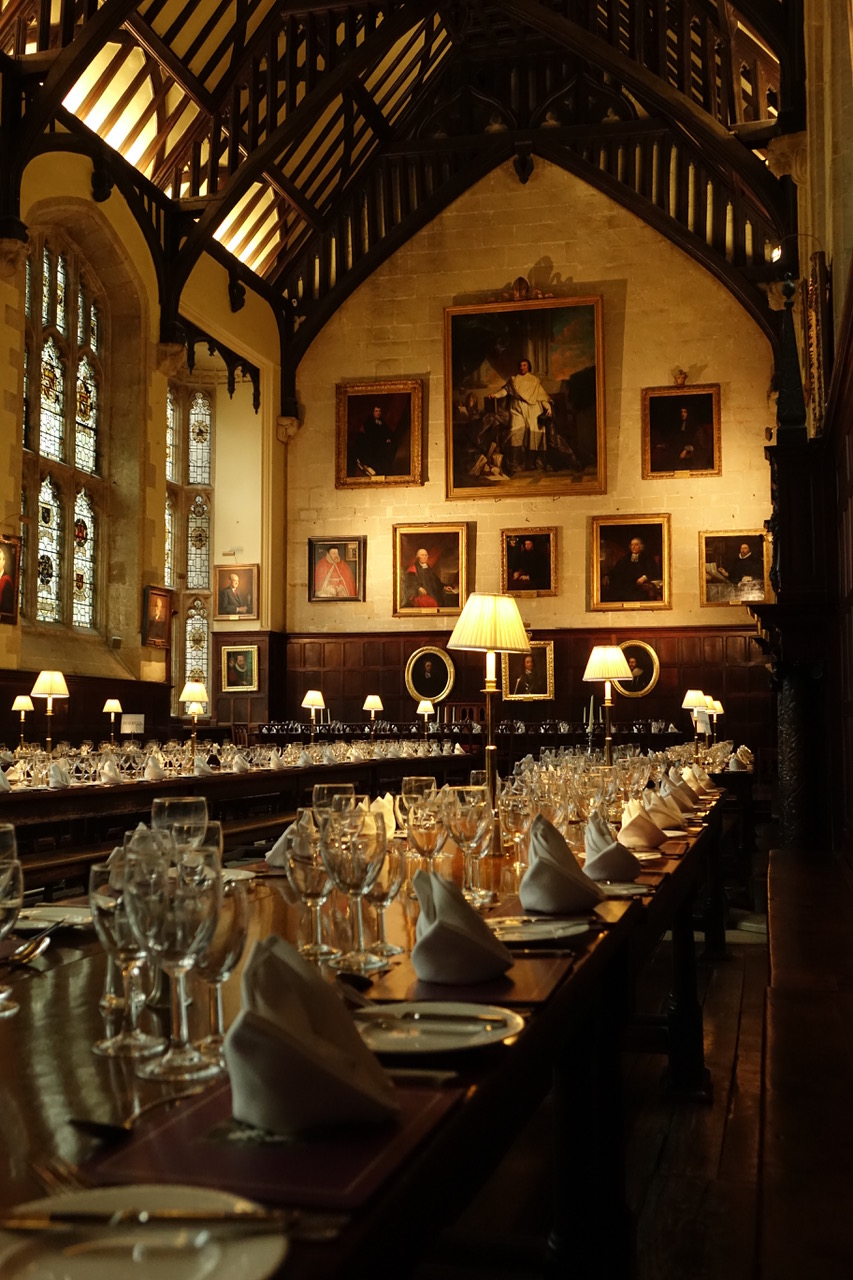
Each house has its own noble history and each has produced outstanding witches and wizards. ‘The four houses are called Gryffindor, Hufflepuff, Ravenclaw and Slytherin.
#Professor of magical studies free#
You will have classes with the rest of your house, sleep in your house dormitory and spend free time in your house common room. The Sorting is a very important ceremony because, while you are here, your house will be something like your family within Hogwarts. ‘The start-of-term banquet will begin shortly, but before you take your seats in the Great Hall, you will be sorted into your houses. ‘Welcome to Hogwarts,’ said Professor McGonagall.


‘The firs’-years, Professor McGonagall,’ said Hagrid. Brill).From Harry Potter and the Philosopher’s Stone In 2019 Frankfurter brought the multi-authored Guide to the Study of Ancient Magic to publication after over a decade (Leiden: E. His latest book, Christianizing Egypt: Syncretism and Local Worlds in Late Antiquity (Princeton University Press 2017), which won the 2019 Philip Schaff Prize from the American Society of Church History, remodels what it means to Christianize or “convert” a culture, focusing on the various religious sites in late Roman Egypt, like homes, shrines, and workshops, where Christianity was combined with Egyptian traditions.
#Professor of magical studies series#
He is also co-editor of the Brill series Religions of the Greco-Roman World. His articles have appeared in such venues as Journal of Early Christian Studies, Harvard Theological Review, Journal of the History of Sexuality, Greek, Roman and Byzantine Studies, Numen, and History of Religions. Both Religion in Roman Egypt and Evil Incarnate won the American Academy of Religion’s Award for Excellence in the Study of Religion (Historical and Analytic-Descriptive categories). His publications include Elijah in Upper Egypt (Fortress Press, 1993), on an unusual early Christian prophecy that envisioned the endtimes in Egyptian terms Religion in Roman Egypt: Assimilation and Resistance (Princeton University Press,1998), which shows the different ways Egyptian religion continued despite the decline of temples and rise of Christianity and Evil Incarnate: Rumors of Demonic Conspiracy and Satanic Abuse in History (Princeton University Press, 2006), on the ways that cultures and religious movements envision evil as an active, personified force as well as the edited volume Pilgrimage and Holy Space in Late Antique Egypt (E.J.

from Princeton University, Frankfurter taught at the College of Charleston and the University of New Hampshire, and he held fellowships at the Institute for Advanced Study (1993-95) and the Radcliffe Institute of Advanced Study (2007-8), as well as research grants from the National Endowment for the Humanities (1992) and the Guggenheim Foundation (2007-8). from Harvard Divinity School, and M.A./Ph.D. in Religion from Wesleyan University, M.T.S. He teaches courses on Western religions, comparative religions, Jewish and Christian apocalyptic literature, and the documents of early Christianity, including extra-canonical sources, magical texts, and saints’ lives. A scholar of ancient Mediterranean religions with specialties in Jewish and Christian apocalyptic literature, magical texts, popular religion, and Egypt in the Roman and late antique periods, Frankfurter’s particular interests revolve around theoretical issues like the place of magic in religion, the relationship of religion and violence, the nature of Christianization, and the representation of evil in culture. David Frankfurter holds the William Goodwin Aurelio Chair of the Appreciation of Scripture at Boston University.


 0 kommentar(er)
0 kommentar(er)
